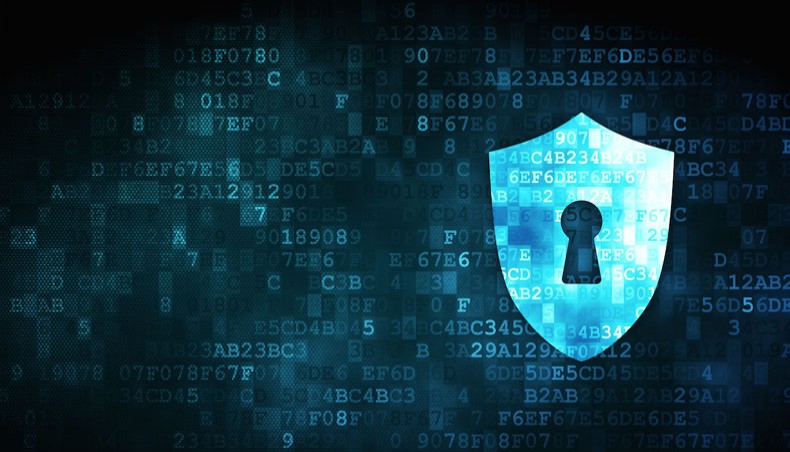Digital Security Bill gets president’s assent
President Abdul Hamid on Monday signed the Digital Security Bill amid concerns expressed by journalists, including newspaper editors, rights groups, academics and freethinkers.
His press secretary Joynal Abedin confirmed the assent of the president.
The Digital Security Bill reached Bangabhaban on October 4 for the assent of president Abdul Hamid.
After separate meetings with Editors’ Council and journalist bodies at secretariat on September 30, law minister Anisul Huq and information minister Hasanul Haq Inu in presence of posts, telecommunications, and information technology minister Mostafa Jabbar, assured that they would place the journalists’ concerns before the cabinet.
The ministers said that they would again talk to Editors’ Council and others journalist bodies after th discussion in the cabinet.
Jatiya Sangsad on September 19 passed the bill ignoring concerns expressed by different national and international quarters, including European Union and journalists at home and abroad. Parliament secretariat on October 4 forwarded the bill to the president for his assent.
Left democratic alliance, a combine of eight left leaning political parties on October 3 urged the president not to assent to the bill and send it back to parliament for revision terming the bill repressive.
Committee to Protect Journalists urged the president to return the bill to parliament for revision.
Transparency International Bangladesh also made a similar call on the president from a programme in Dhaka on September 26.
The bill was tabled in parliament on April 9 creating concerns among journalists and rights activists that freedom of the press and expression would be seriously jeopardised if the bill was passed.
The bill caused huge protests from freethinkers and media people.
Journalists, national and international rights groups, academics and freethinkers demanded changes to the bill saying it would gag the freedom of press and expression. They also said that it would be misused against media people, critics and freethinkers as similar provisions stipulated in the Section 57 of the Information and Communication Technology Act were misused.
News Courtesy: www.newagebd.net











